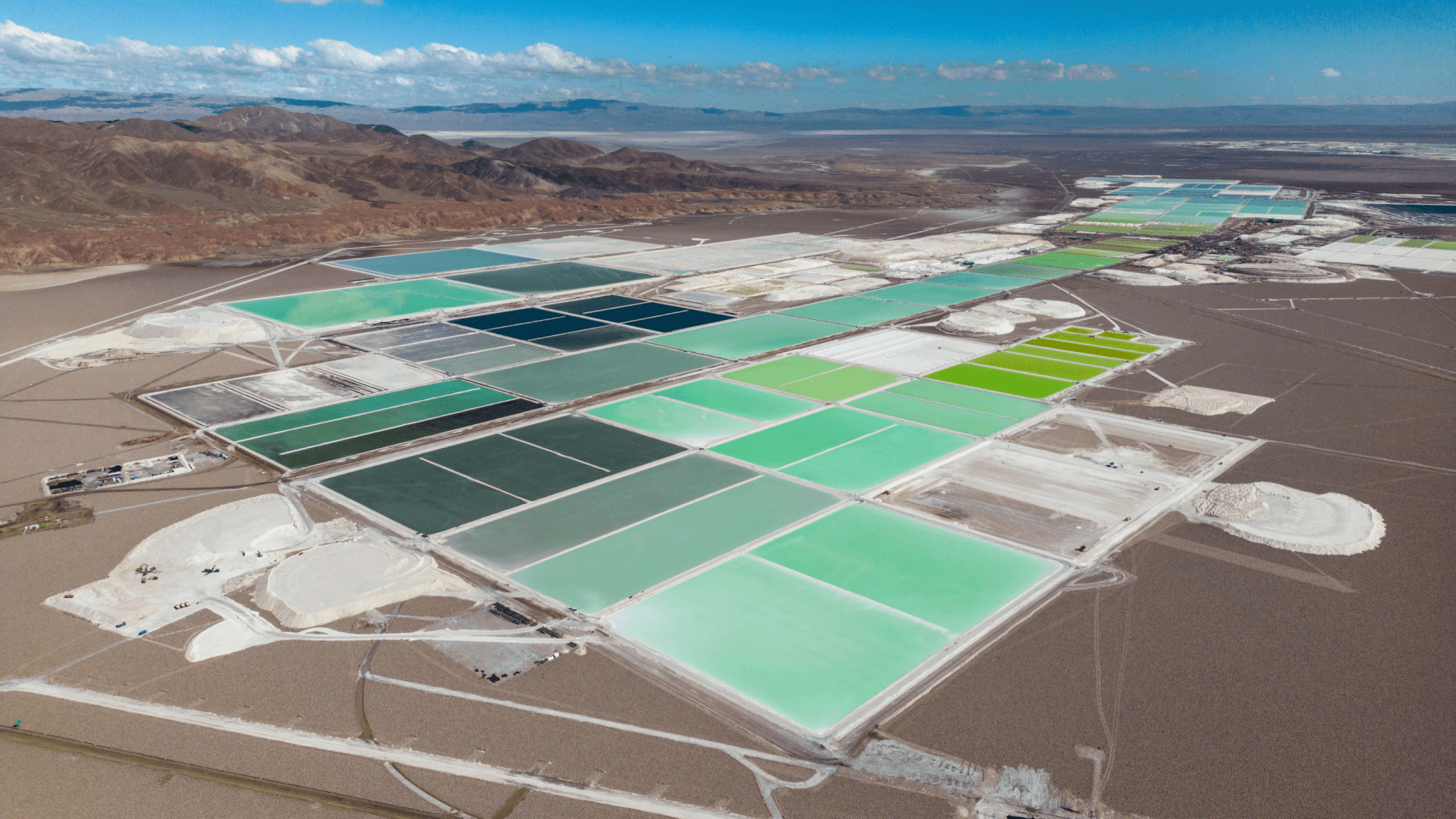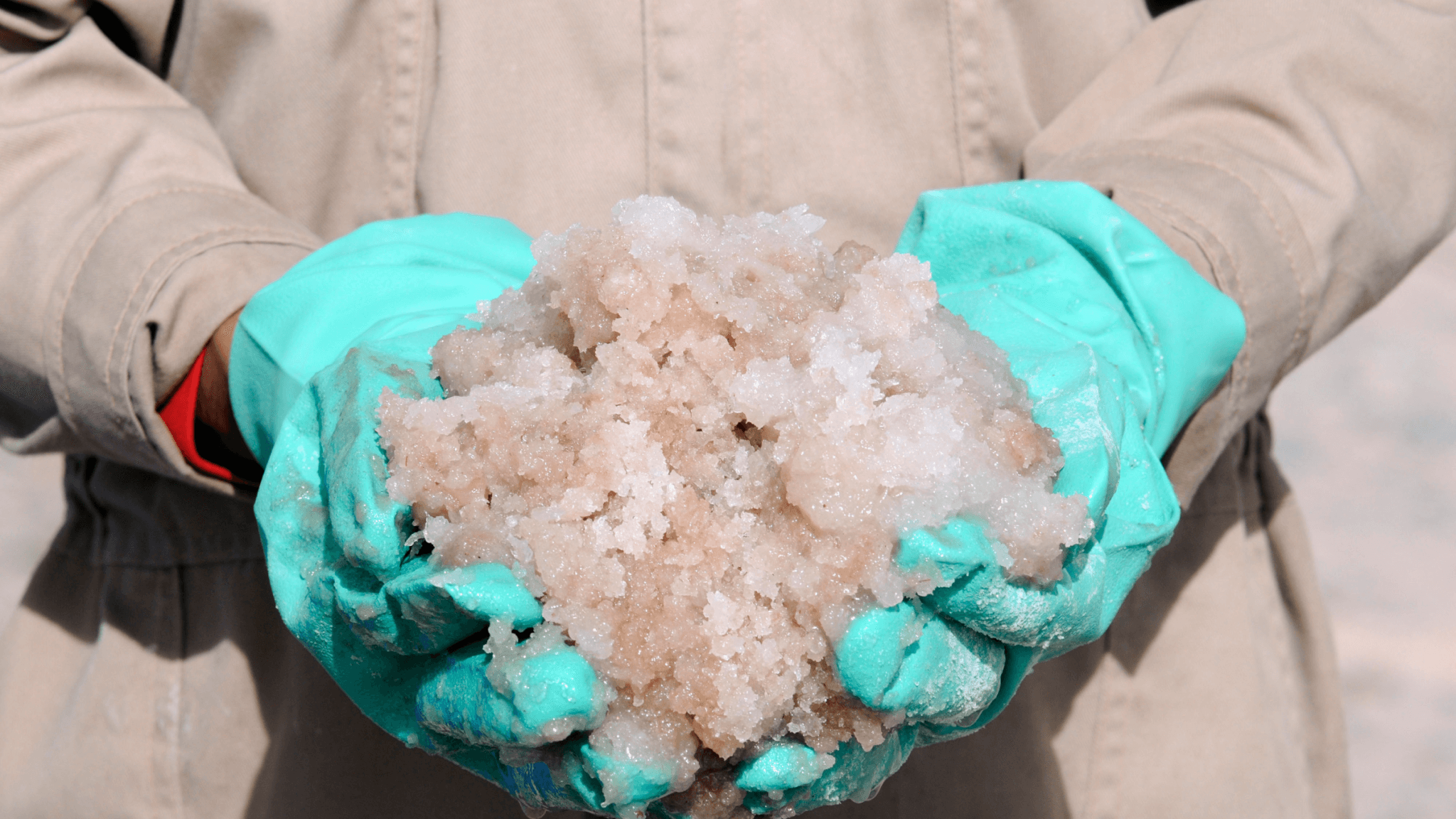A responsible mineral supply chain is core to a swift, durable, and just energy transition. Together with our partners, we work to ensure reliable access to responsible minerals that benefit communities and accelerate the energy transition.
The challenge
The energy transition requires minerals. As clean energy demand sharply increases, so does the demand for minerals like cobalt, copper, lithium, and nickel, which are required for clean energy production, operation, and storage, including electric transportation.
Today, the bulk of the economic value from mineral supply chains stays in the hands of wealthy developed nations, leaving the countries and communities where these resources are extracted cash-strapped. At the same time, rural, economically disadvantaged communities, and Indigenous Peoples often bear the environmental and socio-political costs of mining. The Business and Human Rights Resource Centre, for instance, has tracked 631 mineral extraction-related human rights abuses between 2010 and 2022. Without change, mineral extraction for clean energy technologies risks further entrenching the same inequitable pattern that the fossil fuel and extractive industries have exploited for generations.
Moreover, such proliferation of irresponsible mineral supply feeds into growing opposition to climate action, weakens political will, and endangers progress toward global climate goals.
The opportunity
Communities and civil society advocates worldwide have built and strengthened robust movements that have exposed the human and environmental tolls of irresponsible mining. The climate movement has a unique opportunity to build on this work and collectively advocate for a vision of responsible minerals with unprecedented force.
Across sectors, the demand for a responsible mineral supply chain grows to secure a durable energy transition that benefits people and protects the planet. Beyond drastic improvement to current extraction practices, this is a unique moment to set conditions to efficiently recapture minerals already in circulation. Minerals recyclability can meet as much as 60% to 80% of the projected mineral demand in 2050. Recycling over time can reduce the pressure to continue large-scale extraction for clean energy technologies, reduce the likelihood of mineral supply shortages, and improve supply resilience.
Our approach
We aim to ensure a reliable and responsible mineral supply for the clean energy transition that benefits communities and protects the planet. Our work focuses on two pillars: ensuring responsible primary and recovered supply, and strengthening global cooperation and coordination to advocate for responsible supply.
We do this by:
Advocating for responsible mineral extraction
We engage civil society coalitions, governments, investors, minerals purchasers, and the mining industry to advance global advocacy for responsible mining practices that lift up local residents, prioritize community and Indigenous rights, and advance environmental safeguards. At the country level, we work to support mineral-rich countries in realizing their vision for a just energy transition that secures lasting economic benefits for their people.
Establishing secondary supply through recyclability of minerals
By promoting policy on efficient recovery and reuse of minerals and bolstering a circular economy, we work to alleviate pressure to mine for new minerals in an increasingly uncertain climate and geopolitical environment. By 2050, we can meet up to 80% of demand with minerals already in the system, thereby increasing the long-term resilience of mineral supply and setting the world on a path to break free from exhaustive extraction by the end of the century.
Growing international connectivity to weather geopolitical winds
We build deeper connectivity across policymakers, businesses, and impacted communities to scale up and expand policies and demand for responsible supply to counteract emergent geopolitical risks. By developing more international collaboration, we can move away from narratives and policies focused on protectionism to focus on efforts that grow the power of emerging economies in the supply chain.
Developing collective power and alignment across the advocacy field
We advocate for and invest in capacity at allied advocacy organizations. By supporting expertise, collaboration, and programming, we’re focused on building an aligned vision of minerals for the energy transition across the advocacy community and mineral supply chain regions.
Our impact
These are the outcomes we’re working to achieve:





